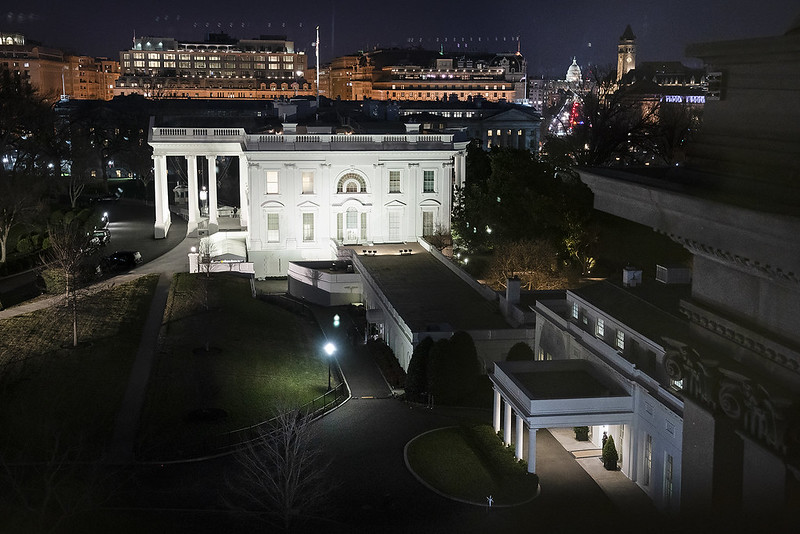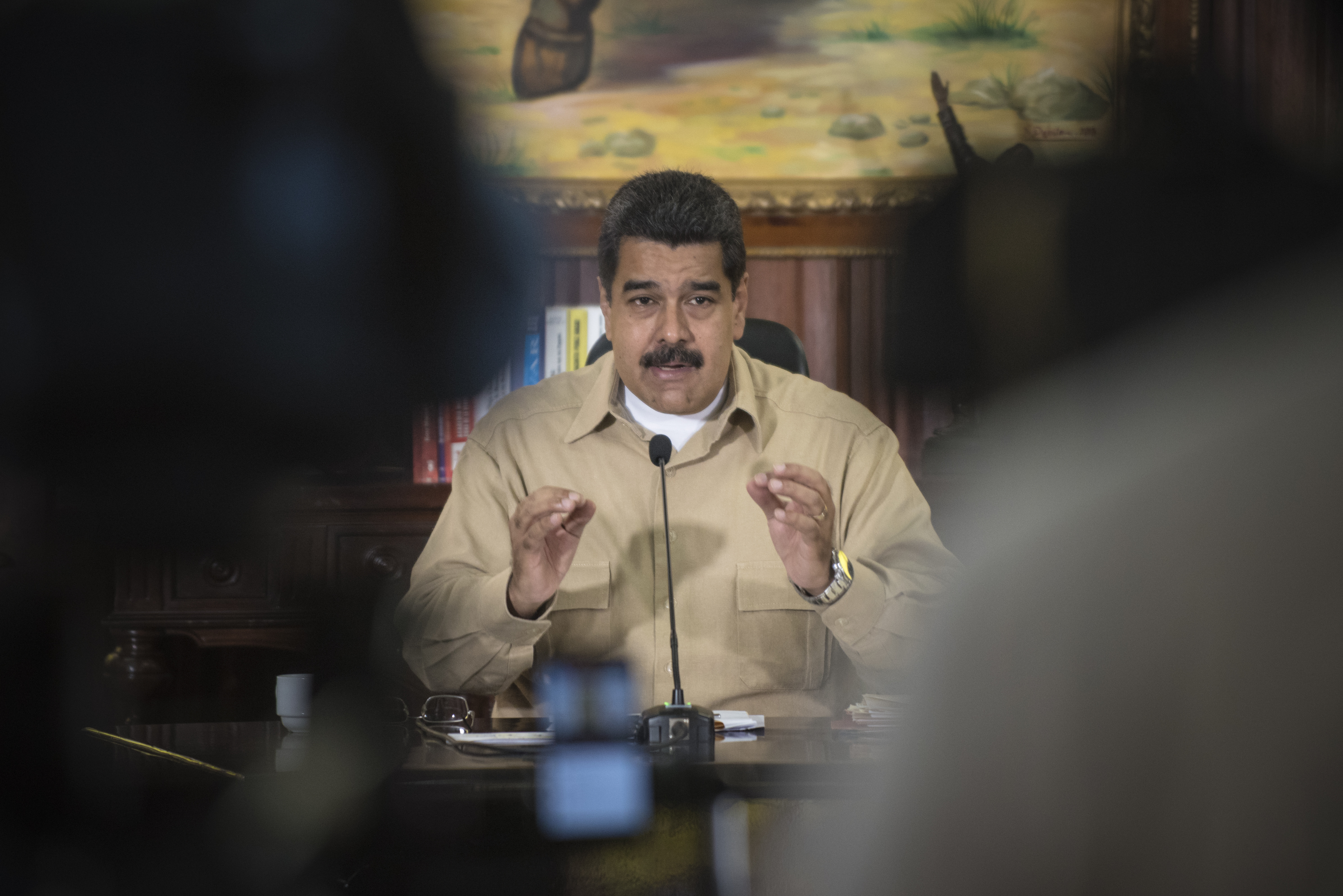Could Preemptive Pardons Backfire?
The president would be well-advised not to issue any preemptive pardons, and a potential recipient well-advised not to accept one.

Published by The Lawfare Institute
in Cooperation With

There has been much discussion and disagreement about whether the Constitution permits President Donald Trump to pardon himself. There have also been questions raised about whether the president has the power to pardon family members and close associates who have not yet been charged with any crimes, in order to insulate them from prosecution after he leaves office. And in recent days there has even been talk of the president preemptively pardoning participants in the Jan. 6 assault on the Capitol.
The New York Times reported on Monday night that while there are presently “no plans” for the president to preemptively pardon himself or his two adult sons, the “ultimate decision about pardoning himself and members of his family . . . could remain an open question until noon on Wednesday, when his four-year tenure comes to an end.”
As long as there remains a possibility that President Trump may seek to issue preemptive pardons, to himself or anyone else, it is worth considering whether any such grants would be constitutional.
First, there’s the issue of self-pardon as a general matter. The case for the constitutionality of self-pardon is based on the absence of any prohibition in the text of the relevant provision, and on repeated assertions by courts that the presidential pardon power cannot be limited by the other branches of government. The case against self-pardon is based on the adage that one cannot be a judge in one’s own case, on hopeful assumptions about the intention of the Framers, on strained interpretations of words like “grant” and “pardon” in the constitutional text, and on the fact that no chief executive in this country or abroad has ever attempted it.
But another source of possible constitutional defect for a presidential self-pardon would arise if it were granted before any charges had been brought against him and without specifying the conduct being pardoned. The same constitutional objections could be raised about such a preemptive pardon granted to anyone else.
The case for the effectiveness of a preemptive non-specific pardon usually relies on the precedent set by President Ford’s pardon of Richard Nixon for any federal crimes he might have committed during his presidency. But the constitutional validity of the Nixon pardon was never tested: special prosecutor Leon Jaworski was urged to do so at the time and was later vague in his Watergate memoir about why he decided not to.
With a handful of other exceptions, notably George H.W. Bush’s Iran-Contra pardons and Trump’s recent pardon of Michael Flynn, pardons historically have not been granted to preempt a prosecution for crimes that have not even been identified much less charged. Some recent scholarship suggests that the English common law precedents on which the Framers relied did not permit pardons that do not specify the charges to be forgiven, providing an originalist basis for invalidating a non-specific pardon today.
While there have been a handful of class-wide wartime amnesties in U.S. history that did not specify the crimes being pardoned, these few exceptions may prove the rule outside of a military context.
Without taking a position on the merits of whether the president has the power to exempt himself or anyone else from some speculative future prosecution for unspecified conduct, it is fair to wonder why the president would want to take such a provocative step, which seems so clearly against his own interest and the interest of whoever else he might want to give such a pardon.
Ironically, a preemptive pardon could actually produce rather than fend off a prosecution. I am not the first person to make this point. Asha Rangappa, for example, wrote in the Washington Post earlier this month that a Trump self-pardon would “set in motion an endgame that may prove to be his own undoing.”
The reason is that the only way to test the constitutionality of a preemptive pardon is for the government to bring charges, leaving it to the courts to determine the pardon’s validity when raised in defense. At least in the case of a self-pardon, the incoming attorney general would be hard-pressed not to pursue this course if other criteria for prosecution were present, in light of the dangerous precedent set by such a defiant and self-serving presidential action.
There are good reasons to avoid stirring up further partisan strife by bringing federal criminal charges against Trump, especially in light of the ongoing state investigations. But a self-pardon flaunted going out the door could controvert those reasons. At a minimum, the attorney general would probably feel obliged to go through a formal process of declining prosecution just to put down a marker on the constitutional issue. A preemptive non-specific pardon granted to anyone else could carry the same risk.
Accordingly, the president would be well-advised not to issue any such pardons, and a potential recipient well-advised not to accept one, unless either or both are persuaded that there is a genuine risk of prosecution and are willing to take their chances on a court finding the pardon a valid defense.
If President Trump has now backed off whatever plans he may have had to issue preemptive pardons, to himself or anyone else, it is likely because his advisors have persuaded him not to roll the dice.




_c.jpg?sfvrsn=9bbcc085_3)
